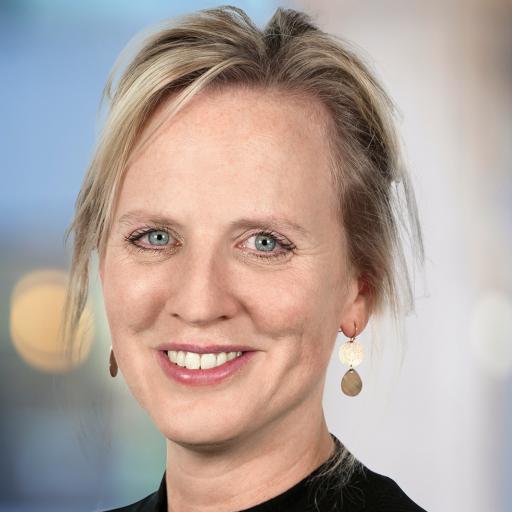The worldwide proliferation of smart city initiatives, incentives and programs to support innovation and tech entrepreneurship, incubation and co-working spaces, and platform-based services appear to attest to the global spread of a Silicon Valley-inspired version of our cities. Rather than assuming that techno-solutionist and entrepreneurial narratives for defining urban challenges are seamlessly replicated in urban spaces around the world, this PhD project attends to how discourse is always subject to transformation, in time and space, by actors.
Informed by cultural studies, this study builds on debates about the discourse on the city as a tech, innovative, smart hub to answer: How is the globally circulating discourse of urban technological innovation reinterpreted and transformed by local actors through their daily (work) practices?
Workers in municipal digitalization offices and entrepreneurship-support organizations (tech incubators, coworking spaces), digital startup entrepreneurs, and on-demand platform workers are among the actors whose work involves producing, supporting, and maintaining urban tech innovation, and in many cases, communicating it. Yet, these are also individuals who often live in the cities that their work intends to transform, navigating between global discourses and local realities. Rather than considering them as passively mirroring a dominant discourse, this project recognizes them as key agents in the production and transformation of the smart and innovative city.
The project relies on a multi-sited and locally grounded design. It examines ethnographically the human actions that surround, create, and transform discourse in the second Dutch and Argentinian cities, Rotterdam and Córdoba. By identifying the multiple meanings produced by actors who work in local innovation, this study opens up the range of (possible) imaginaries of the innovative smart city, helping us recognize opportunities for social change.
PhD candidate Mariana Fried is honored with an NWO PhDs in the Humanities to research and answer this question in the coming five years. This ERMeCC research project will be supervised by promotor Susanne Janssen and co-promotors Isabel Awad and Jiska Engelbert.

